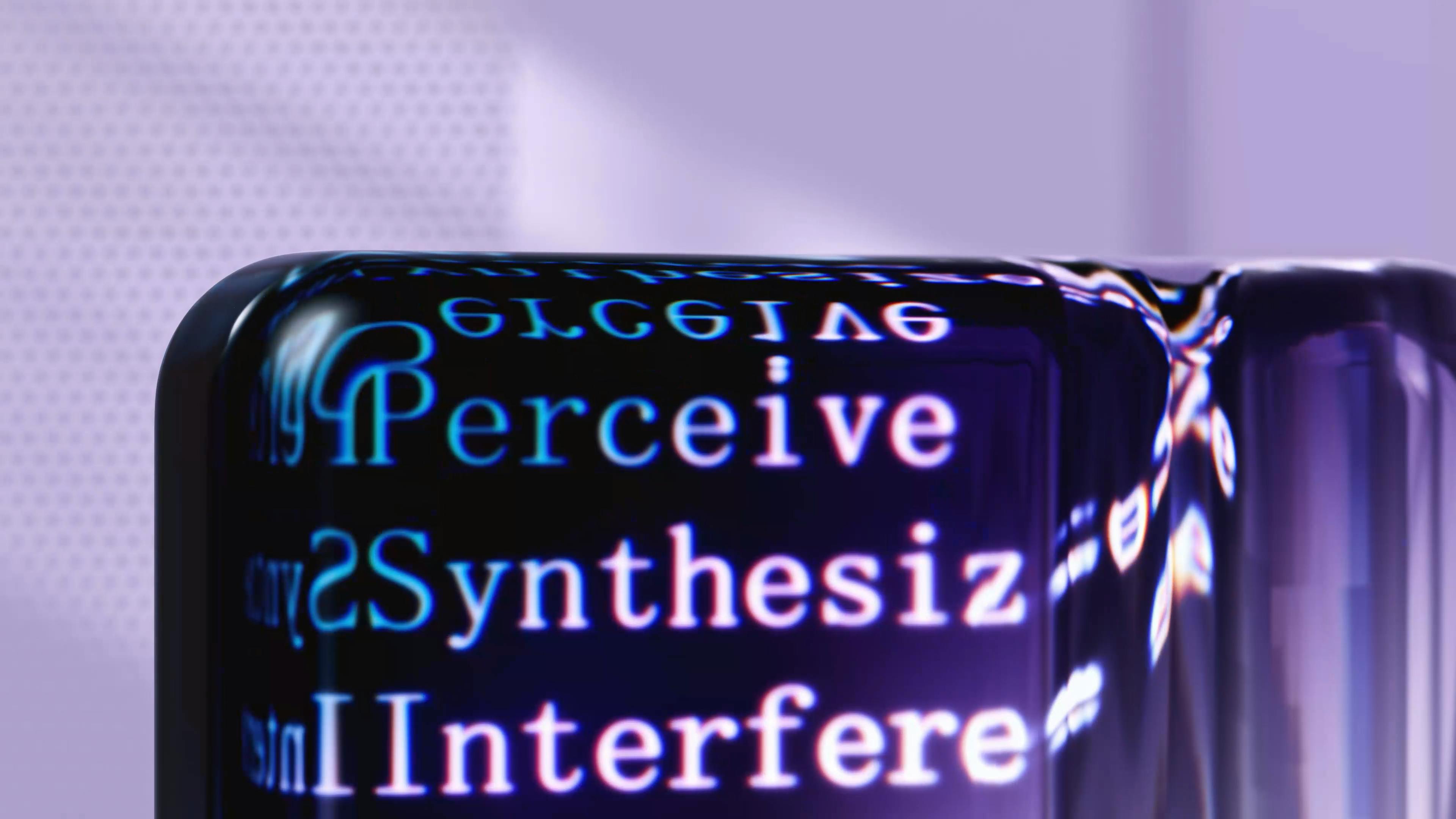So, I'm listening to the Ezra Klein podcast—an episode about weirdness and AI. AI being everyone’s favorite topic these days, Ezra and his guest, Erik Davis, are talking about how AI is a byproduct of a kind of a cultural acceptance of the weird in both business and culture that is prevalent in California.
Ezra brings up a point about how the cultural myth that we have about AI actually has a lot of history to it. The “AI Myth” writ large hasn’t just been a well-worn science fiction question in recent culture. Even before modern Sci-Fi we had stories of gods and wizards replete with summonings. There are both pastoral and fantasy elements to AI-type work that predate our modern history.
Why is this important? Because when you ask AI questions about itself, it has a training set that's based on our myths about AI. That what it repeats back to you will mimic only what it has calculated are the right things to say about AI. It may not know it has that history until you prompt it.
Why is that important? It’s important because there I see parallels to how we ask questions about ourselves as well.
Human intelligence, when it comes to self-reflection, works the same way. If you ask a person about him or herself, then they will revert back to myths that they have heard about themselves.
I learned as much in therapy when trying to undo the stories I had told myself about who I was and what made my own clockworks tick. Ask anyone who they are and they immediately come back with the well worn paths in their identity: name, age, gender, occupation and then it’s all blah blah blah. Not all myths are entertaining.
Another interesting question is: What myths do businesses tell about themselves? That’s why you’d hire us at Tablecloth, to start asking questions of a company, to uncover the set of prevalent myths the business tells itself through the ESG and Impact lens. Until we come along, rarely do companies consider those stories much less consider their mythologies. They have very little training sets to refer to.
In modern AI parlance, we start by testing the prompts that will uncover the deep cuts about what makes the business clockworks tick.
So, as people whose job it is to scrutinize the inner workings of companies, let's learn from the AI experiment and retrain our models. Let’s rely less on the common paths recommendation engine and instead retrain our responses. Let’s see the AI for more randomness and discovery. The weirder the better. It’s in the weirdness we discover who we really are, what we stand for and how to tell that story well.



.jpeg)
.jpg)






